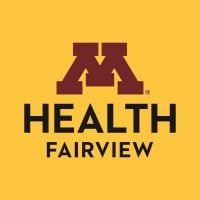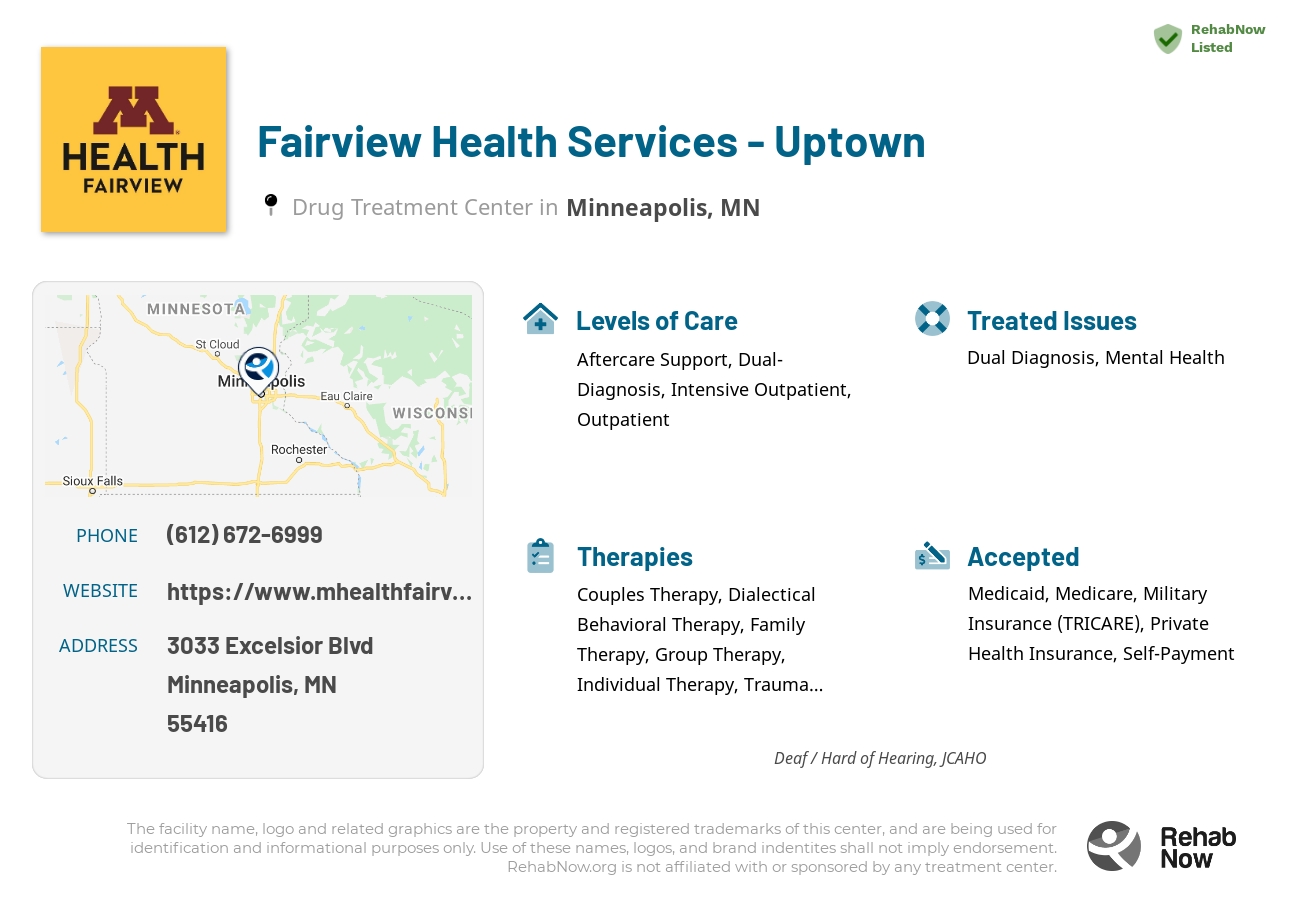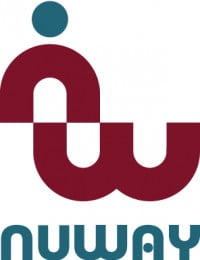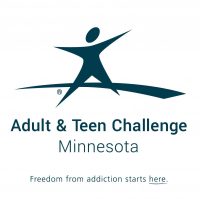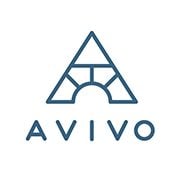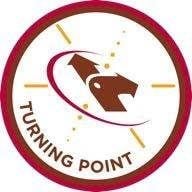Fairview Health Services - Uptown
Drug Rehab Center in Minneapolis, Minnesota
Fairview Health Services - Uptown is a comprehensive behavioral health facility offering individualized and evidence-based treatments for addiction and substance abuse, as well as resources for grief, trauma, anxiety, and more, with a team of highly educated and experienced professionals committed to helping individuals on their journey to sobriety.
About Fairview Health Services - Uptown in Minnesota
Fairview Health Services - Uptown, located in Minneapolis, Minnesota, is part of the Fairview Health Services network and the University of Minnesota Medical Center. As a nonprofit, integrated health system, Fairview Health Services has been providing exceptional healthcare across a full spectrum of services for over 100 years.
• Licensed by the Minnesota Department of Health and accredited by The Joint Commission
• Offers short-term, solution-centered therapy to define and resolve behavioral problems
• Provides comprehensive addiction and substance abuse services, including evidence-based evaluations, assessments, and one-on-one counseling
• Offers education and support programs, such as family therapy and support groups, to ensure continuity of care
Fairview Health Services - Uptown is dedicated to helping individuals and families find the tools and knowledge needed to overcome substance abuse and achieve long-term health. Their team of experienced professionals provides personalized care tailored to each patient's unique needs.
At Fairview Health Services - Uptown, they treat a wide range of addictions and substance abuse issues, including alcohol, opioids, stimulants, and prescription medications. Their treatment approach combines evidence-based therapies, such as cognitive-behavioral therapy and motivational interviewing, with medication-assisted treatment when appropriate to address both the physical and emotional aspects of addiction.
Genders
Ages
Modality
Additional
Accreditations

JCAHO
Conditions and Issues Treated
Levels of Care Offered
This center offers a variety of custom treatment tailored to individual recovery. Currently available are Aftercare Support, Dual-Diagnosis, Intensive Outpatient, Outpatient, with additional therapies available as listed below.
Intensive outpatient treatment is a type of comprehensive addiction care. Unlike conventional residential treatment programs, the patients live at home during the recovery process. This means that one can continue working and caring for their families. These also allow people to keep pursuing their studies while also working on their sobriety.
Outpatient treatment can help one transition to normal life from the round-the-clock supervision and treatment available during inpatient treatment. It is an excellent tool to ensure long-term recovery. However, it is essential to note that intensive outpatient treatment in itself does not remove patients from the real-world setting. This means there’s always a higher risk of coming across environmental triggers. To further prevent relapse, an outpatient treatment center should be able to provide ongoing support services.
Once the patient is enrolled in an intensive outpatient treatment program, they will be expected to attend therapy and group meetings daily for a stipulated period. The frequency and duration of each session will depend on the patient’s needs and level of addiction. This can help curb the habit and deal with underlying issues that led to it. Most of these professional treatments are designed to allow patients to structure their daily schedules in a way that is conducive to recovery.
“Outpatient treatment is ideal for those who have a lower intensity addiction. It’s also suitable for those with a supportive environment and those on a tight budget.
Outpatient treatment can be considered the lowest intensity level of addiction treatment. It is ideal for early phase addiction or lower intensity addictions. It may involve weekly sessions instead of daily. Peer group support, 12-step programs, and individual counseling may still be used and anti-addiction medication.
Aftercare support is vital to those who have completed a drug or alcohol treatment program. This support comes in individual and family counseling, treatment of psychiatric and other medical conditions, and medications to reduce cravings. It helps recovering addicts adjust to normal day-to-day activities and can last for a year or longer.
The majority of drug and alcohol addicts who receive aftercare treatment do not relapse. It is estimated that without aftercare, the relapse rate will be between 70 to 90 percent for most people. Aftercare is the final stage in addiction recovery, but it will also help maintain sobriety if relapse does occur.
Therapies & Programs
No single treatment works for all addicts; therefore, the goal of treatment and therapy should be to find what works best for each individual. Some people requiring addiction treatment may only need a few weeks of inpatient care. Others will require long-term residential care. Tolerance and withdrawal levels vary from person to person and thus affect the intensity of the treatment needed.
If an individualized approach to treatment and therapy is not offered, addicts may fail to reap benefits from their efforts. Professionals must customize plans according to their patient’s needs, limitations, and strengths. The goal of all forms of addiction treatment should be for addicts to find healthy ways to cope with their addiction and its underlying causes.
Couples therapy for drug addiction is a unique form of therapy that allows family members to work through the emotional issues of their loved one’s addiction together. Family members can support each other while learning how to cope with the addiction and encourage healthy changes.
Accordingly, couples therapy for drug addiction is designed for an addict and their significant other or spouse. The two will work with a therapist to learn how the addiction affects themselves and the relationship and how to break the negative patterns of behavior that may have developed.
Drug addiction can destroy a person’s life, as well as their family and friends. The loss of one’s ability to choose how to live and behave often leads the addict into depression, anger, guilt, and many emotional problems.
The therapies usually include siblings, children, and parents who are involved in their daily lives. These sessions are vital because they address past issues that may have hampered an addict’s or alcoholic’s recovery and provide support at a crucial time!
One of the most critical aspects of family therapy is helping addicts’ loved ones see their situation in a new light. It’s also one of the most challenging things a family can do when a loved one struggles with addiction or alcoholism.
Group therapy is held in a safe, controlled setting where patients can feel comfortable sharing their struggles and gaining perspective through shared conversations. It takes place in a group rather than one on one to prevent feelings of isolation or being unique in their situation while creating an environment for addicts at Fairview Health Services - Uptown to develop fellowship, accountability, and support. Group therapy is an important tool in recovery that prevents cravings that prompt a return to active addiction.
This type of therapy involves the use of a variety of therapeutic techniques to help addicts recover from past traumas that might have triggered their substance abuse. During these sessions, therapists will work with the addict to address painful memories and learn how to cope effectively with stressors as they arise.
During these types of sessions, therapists will typically focus on three main goals:
- Identifying and expressing painful emotions associated with past traumas.
- Reducing the effects of stress on an addict’s life by developing more effective coping mechanisms.
- Developing healthy ways of thinking about stressful situations that can help addicts avoid substance abuse issues in the future.
This type of therapy is typically used in conjunction with other types of addiction treatment services. By identifying and dealing with the root cause of addiction, most addicts can overcome their cravings and prevent relapse once they leave rehab.
Many different types of addiction treatment services exist to help addicts safely get sober, but it’s important for recovering individuals to find a therapist or support group that will help them address the root cause of their addiction.
Dialectical Behavior Therapy is a form of Cognitive Behavioral Therapy that helps patients understand the relationship between their thoughts, feelings, and behaviors. It is beneficial for those whose addictions and behaviors stem from severe mental health issues. It aims to help the patient achieve their goals and identify how they can enhance their lives.
Payment Options Accepted
For specific insurance or payment methods please contact us.
Is your insurance accepted?
Ask an expert, call (888) 674-0062
M Health Fairview Clinic Associated Centers
Discover treatment facilities under the same provider.
- M Health Fairview Clinic - Apple Valley in Saint Paul, MN
- M Heatlh Fairview Counseling - Lakeville in Lakeville, MN
- M Heatlh Fairview Counseling - Bloomington in Bloomington, MN
- M Heatlh Fairview Counseling - Wyoming in Wyoming, MN
- M Heatlh Fairview Counseling - Blaine in Blaine, MN
Learn More About M Health Fairview Clinic Centers
Additional Details
Specifics, location, and helpful extra information.
Minneapolis, Minnesota 55416 Phone Number(612) 672-6999 Meta DetailsUpdated April 15, 2024
Staff Verified
Fairview Health Services - Uptown Patient Reviews
There are no reviews yet. Be the first one to write one.
Minneapolis, Minnesota Addiction Information
Minnesota is fighting an opioid epidemic that is leaving hundreds of its residents dead each year. Both prescription opioids and illicit opioids are widely abused in the Land of 10,000 Lakes. Heroin continues to be one of the most commonly abused drugs in the state, if not the most common illicit drug. Over 10% of all treatment admissions in Minnesota list heroin as their drug of choice.
The drug addiction problem in Minneapolis, Minnesota, is relatively bad. About 8.5% of people in Minneapolis abuse drugs. Additionally, there were 536 drug overdose deaths in 2016, a 20% increase from the previous year. There were 5,191 treatment admissions for primary alcohol dependence in 2016. Some of the most common programs include inpatient rehab, outpatient rehab, and sober living homes.
Treatment in Nearby Cities
- Grand Marais, MN (240.5 mi.)
- Princeton, MN (44.9 mi.)
- Crookston, MN (250.8 mi.)
- La Crescent, MN (126.2 mi.)
- Minneapolis, MN (3.3 mi.)
Centers near Fairview Health Services - Uptown
The facility name, logo and brand are the property and registered trademarks of Fairview Health Services - Uptown, and are being used for identification and informational purposes only. Use of these names, logos and brands shall not imply endorsement. RehabNow.org is not affiliated with or sponsored by Fairview Health Services - Uptown.
